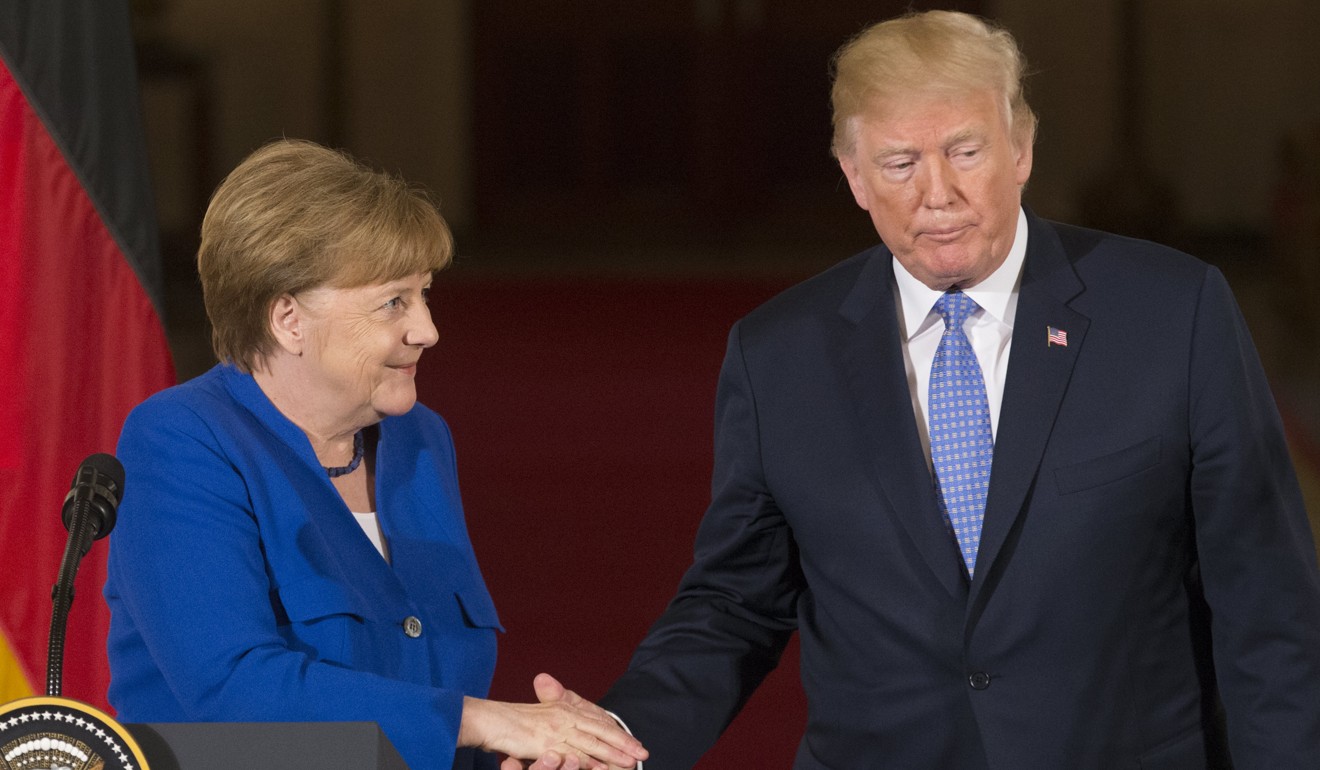
Iran nuclear deal, China trade negotiations and peace dialogue with North Korea – can Trump deliver on this agenda?
A revolving door of officials coming and going, and most key US negotiators being just weeks in office will limit the US president’s ambitions
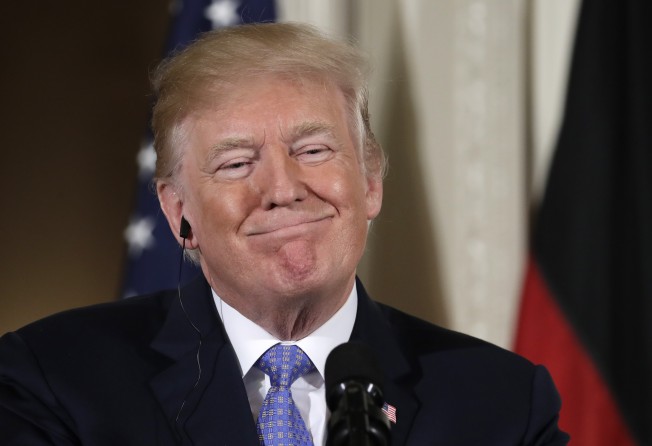
The Trump White House is nothing if not hyperactive. The challenge is to gauge what substance – if any – sits behind this hyperactivity.
After three days last week feting French President Emmanuel Macron and his wife, and three hours frostily lunching Germany’s Chancellor Angela Merkel, he has less than two weeks to decide on whether to put a bomb under the three-year-old Iran nuclear disarmament deal, or whether to kick the can down the road.
He now has his whole top trade team on a plane to Beijing, to arm-wrestle on tariffs and trade balances and decide whether to plunge the region into a trade war.
He has to open the new American embassy in Jerusalem, and to share celebrations on the 70th anniversary of the founding of Israel, on May 14.
And then there is the small matter of preparing for a potentially epoch-making discussion with “rocket man” Kim Jung-un in North Korea.
I can see why he is perhaps relieved not to be invited to the fast-approaching May 19 US-UK “entente cordiale” – the Prince Harry-Meghan Markle wedding. It seems the UK can wait until July.
As one top US diplomat visiting Hong Kong noted last month, even a brilliant and well-coordinated White House team working smoothly with the Senate and Congress would be hard pressed to juggle so many challenging diplomatic initiatives at the same time. His own conclusion – be very dubious about whether there is any substance or intent to deliver on these issues.

His own priority concern was the May 12 decision on whether to kill the Iran nuclear deal, formally known as the Joint Comprehensive Plan of Action (JCPOA) on Iran, signed three years ago by the US, Germany, France, the UK, China and Russia (and then endorsed by the UN). It was the main mission of Macron and Merkel in Washington last week to get Trump to stand by the deal, whatever its shortcomings.
Macron and Merkel have worked in unison to propose launching a new and parallel negotiation to address more recent concerns about Iranian missiles development, and the country’s increasingly muscular engagement in conflicts in Syria and Yemen. They agree with Trump that these concerns are real, and need to be addressed, but counter that there are no grounds to kill the JCPOA because Iran has complied quite faithfully with its demands.
“The JCPOA was built to respond to Iranian violations,” said a top US negotiator. “It was not designed to withstand a hawkish or isolationist America using its veto powers outside of the terms of the deal, or against the objections of its European partners.”
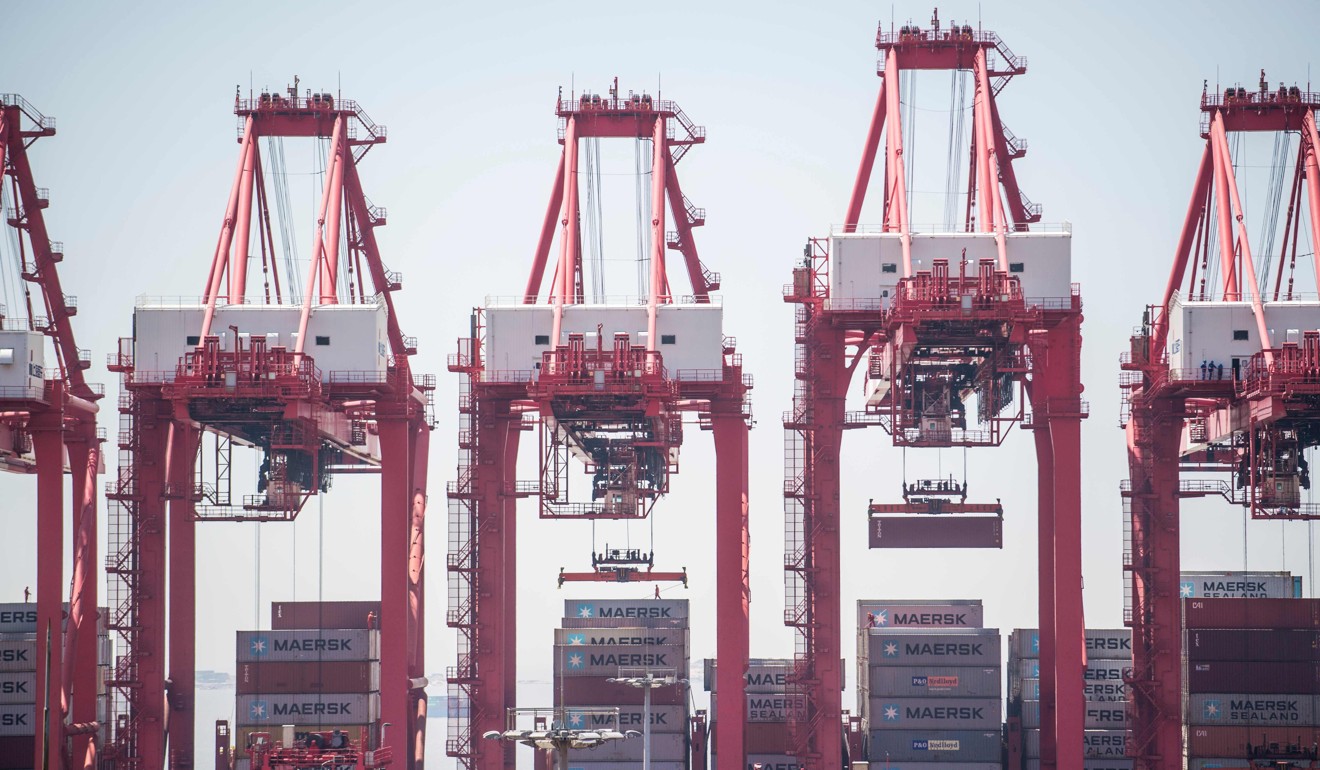
Trump has famously called the JCPOA “the worst deal ever” – though I am by now confused, since I seem to recall he also called the Trans-Pacific Partnership and the North American Free Trade Agreement the worst deal ever. But let us not be too fastidious. With John Bolton now signed up as his National Security Adviser, and Mike Pompeo endorsed as Secretary of State, the task facing Macron and Merkel of preaching temperance and patience was a fiercely challenging one. Macron confessed that he thought Trump would not change his mind. Merkel glumly noted: “We had an exchange of views. The decision lies with the president.”
There are good reasons for Europe’s leaders to be keen on preserving the JCPOA, and they are not just to do with adding fire to the already awful conflagrations across the Middle East. The JCPOA lifted sanctions on trade with Iran that had been in place since the 1979 Iran Hostage Crisis. European companies had for decades been complaining about lost trade and investment opportunities, and many had been vocally annoyed by Asian companies that had either not been tied by, or ignored, sanctions rulings. With doors to renewed trade with Iran so recently opened, the last thing European companies want is a return of sanctions.
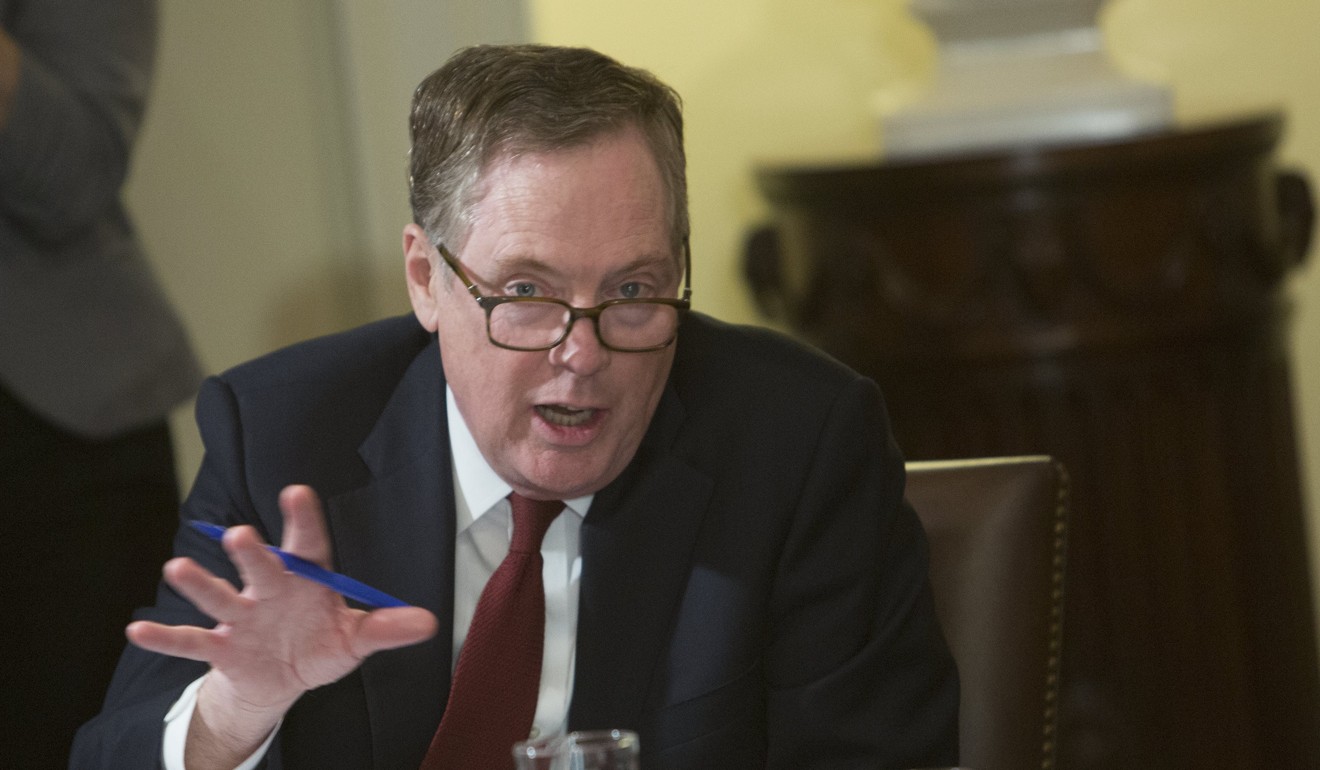
Of course, herein lie the roots of the recent US moves against ZTE and Huawei, with accusations that the two companies were among many in Asia that ignored sanctions and continued selling goods to Iran. Today, ZTE and Huawei are being described in the US as “nefarious actors”, targeted for additional reasons, linked with US accusations of forced technology transfer to China, and Chinese state-directed plans to capture foreign technology through acquisition.
Despite the original roots of contention in the Iran sanctions regime, this is perhaps a story for another day, even though it is likely to be very much at the heart of the doubtless heated Chinese negotiations in Beijing later this week with Trump’s trade team, which includes Robert Lighthizer, Steve Mnuchin, John Bolton, and Peter Navarro, whose recent books include Death by China, Crouching Tiger and The Coming China Wars. It is hard to imagine a meeting of minds.
Mix together negotiations on the Iran nuclear deal, with Beijing trade negotiations, preparations for negotiations on peace in the Korean peninsula and the momentously controversial move of the US embassy to Jerusalem, and put on one side distractions like the Robert Mueller special investigation into Russian interference in US election campaigns, and the antics of Trump’s lawyer in the salacious Stormy Daniels farrago, and you have a policy agenda of momentous import.
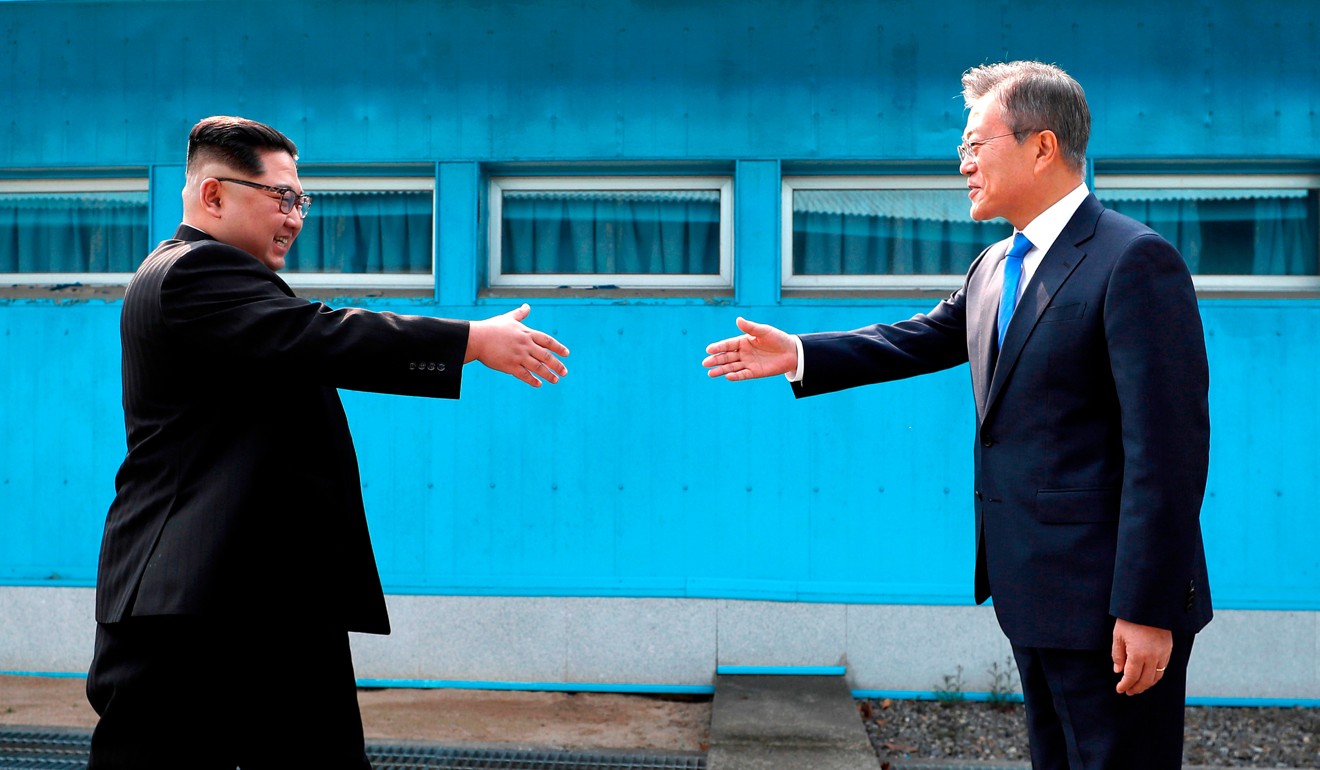
If Trump could help pave the way for a modus vivendi with Iran, lay the foundations for peace on the Korean peninsula and persuade China’s leaders to open China’s domestic market further to foreign trade and investment, he would go down as one of the US’ most successful presidents.
But with a dizzying revolving door of officials in and out of the White House, and all the key economic and political agencies in Washington, and with most of the key US negotiators just weeks in office, it is hard to see how Trump can deliver on the agenda laid out for us – either for May or beyond.
Why do I sense Shakespeare’s Macbeth whispering into my ear: “Life’s but a walking shadow; a poor player that struts and frets his hour upon the stage and then is heard no more: it is a tale told by an idiot, full of sound and fury, signifying nothing”?
David Dodwell researches and writes about global, regional and Hong Kong challenges from a Hong Kong point of view